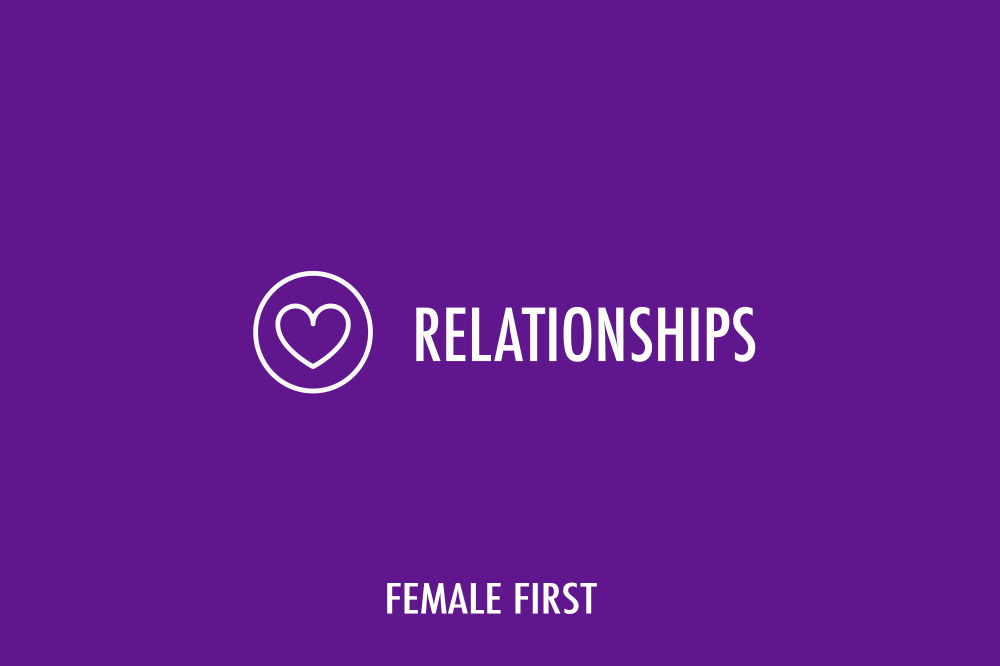Written by relationship expert at eharmony Rachael Lloyd

Relationships on Female First
Once upon a time getting married was virtually a foregone conclusion, just like it was assumed practically everyone would have children and learn the words to the national anthem.
Then, from the late seventies onwards, when divorce rates started to mushroom, and church and state became far less influential, marriage took a bit of a bashing. Suddenly, it wasn’t cool to talk about getting married, it was bordering on old fashioned.
Indeed, recent eharmony focus groups revealed that singles didn’t want to be presented with the prospect of a happy marriage, they preferred to make their own minds up about what a meaningful relationship should look like.
And to drive a nail even further into matrimony, earlier this year, the ONS released figures demonstrating that (heterosexual) marriages were at an all time low.
But of course, this was all before the nation was seduced by royal wedding fever and the prospect of princess in waiting Meghan Markle.
Radiating charisma and bundles of charm she blew a refreshing breeze into an incorrigibly-traditional royal establishment.
What’s more, according to research by the experts at eharmony, the effect of Prince Harry and Meghan’s marriage could plausibly stretch beyond this weekend. If nothing else, the royal nuptials have certainly injected a huge dose of optimism into people’s romantic options.
The research revealed that one in eight of those currently in relationships admit the wedding has ignited their desire to get married. In fact, ten per cent of the men surveyed admit they would now be willing to pop the question. (Ladies, if you’re after a ring, now might be a good time to drop a few hints!).
No doubt influenced by the transatlantic pairing of Harry and Meghan, single Brits are also more likely to re-evaluate their views on long-distance relationships.
This can only be a good thing because eharmony data suggests the majority of online daters initially set their location preferences within such narrow margins that they’re unlikely to find a highly-compatible match.
Furthermore, young people are twice as likely to say the royal wedding has ‘changed their view on marriage’ in comparison to the average person in the UK.
While some may still see the concept of marriage as intrinsically conservative, the coming together of two very different people from foreign continents, celebrates a more a diverse and inclusive royal family, and by extension Britain.
tagged in Prince Harry Meghan Markle Brits single
